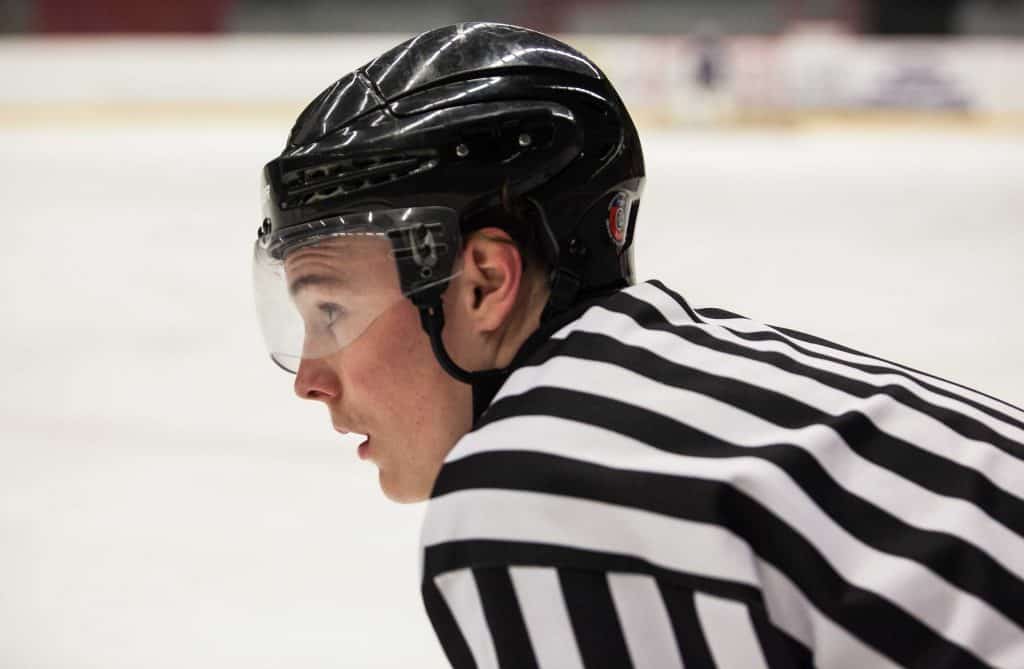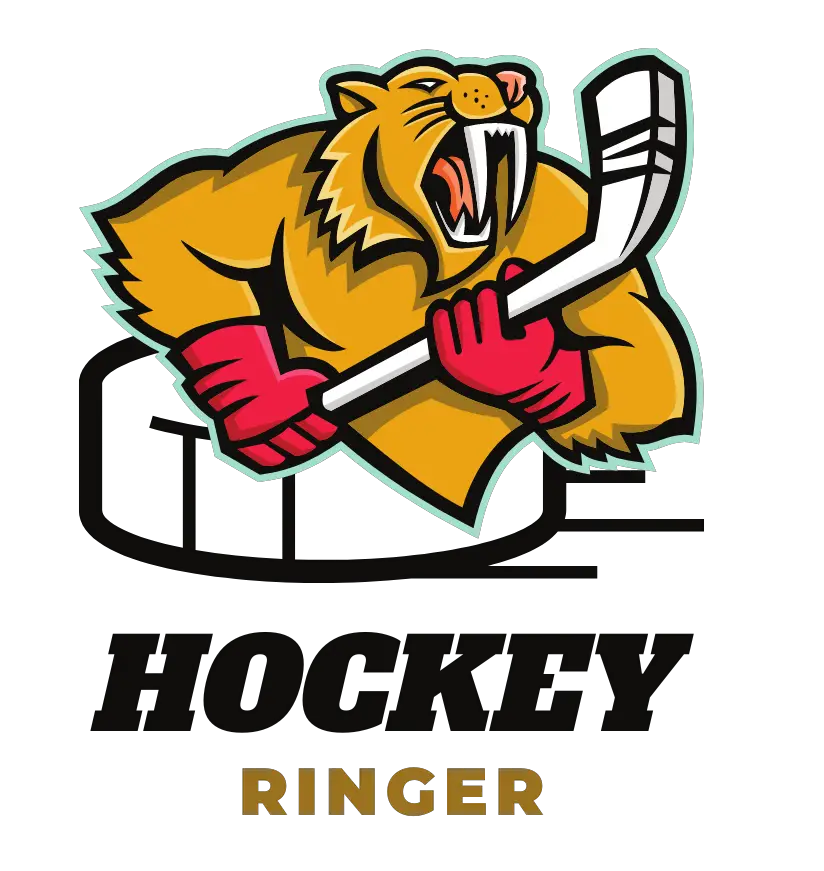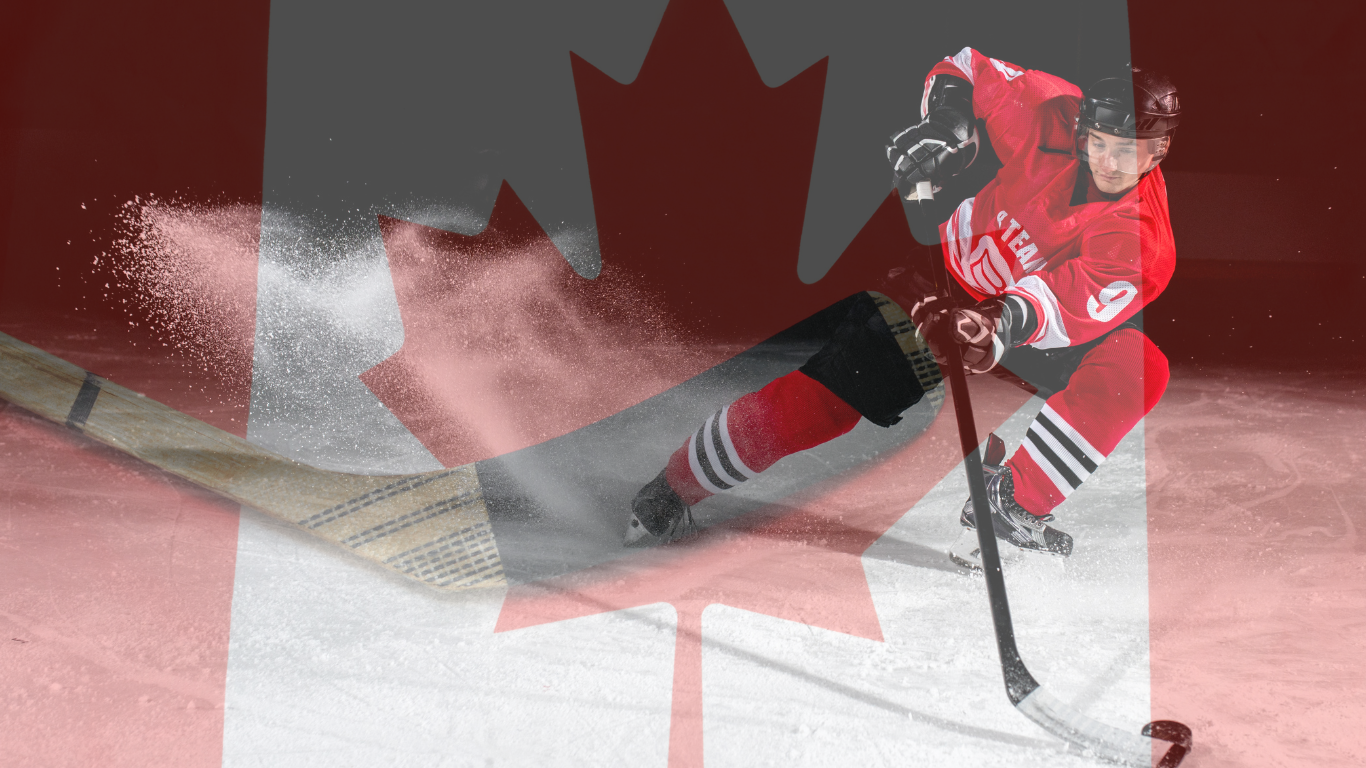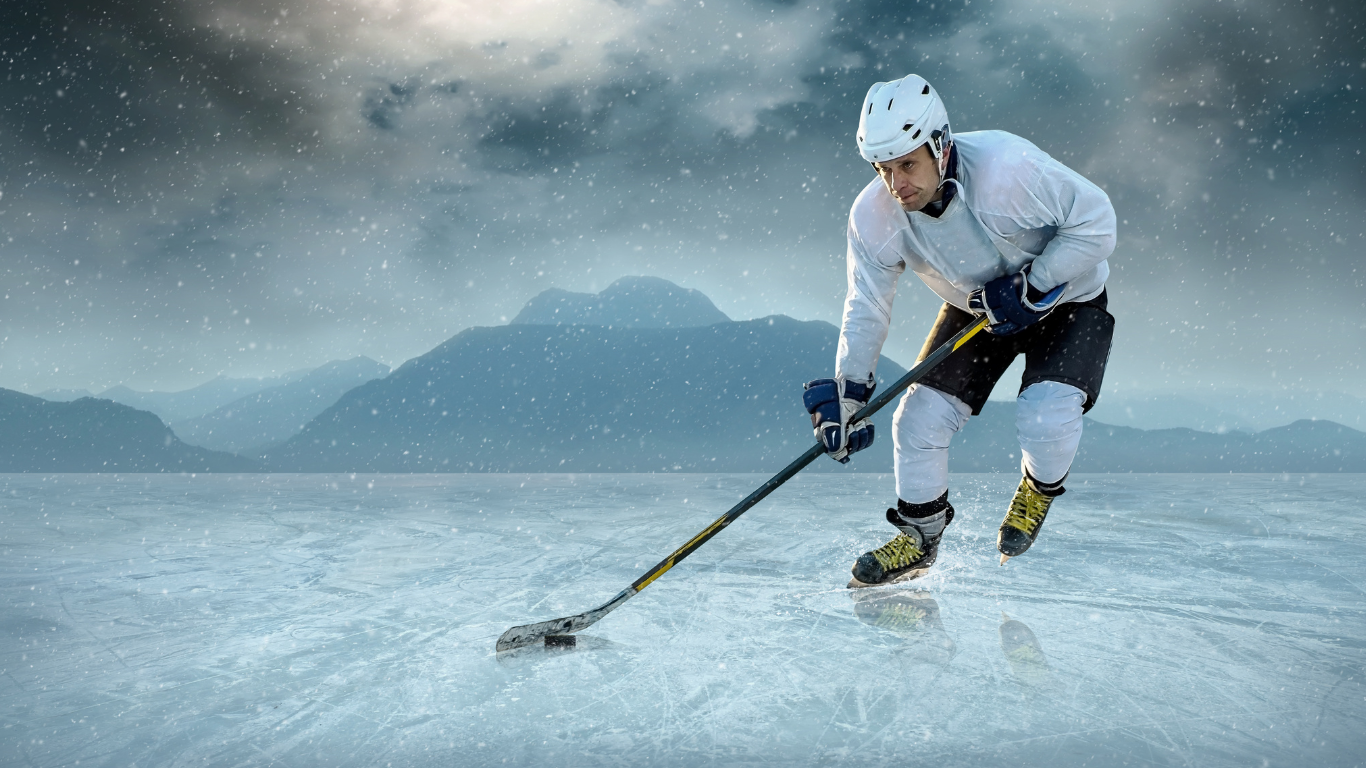Becoming an NHL referee is actually pretty simple if you follow the steps and put in the work. Once you get the right gear and get the okay from your local hockey government, just register, pass the tests, attend a seminar, and start officiating as much as possible!
Step 1: Talk to Hockey Officiating Staff
The first thing you need to do once you decide to become a hockey referee is to get in touch with whatever the governing league office is of your country. These come in all kinds of names or organizations, like USA Hockey.
Where to Meet Officials
The best ways to meet officials and representatives of hockey, from the AHL and NHL to the Canadian Major Junior Hockey League, are by going to a training school or attending the hockey combine.
There are training schools that will be discussed later that have all kinds of instructors and guests from the officiating world, and the NHL Officiating Amateur Exposure Combine is a great way to show your skills and make a strong first impression.

Step 2: Get Equipment
There are a few costs to becoming a referee for the NHL, and one of those is equipment. As an Official on the ice, you’ll need to dress the part, which includes a helmet, whistle, skates, hockey pads, a good pair of ice skates, and a sweater to keep you warm.
Keep in mind that you might get run into, and you’ll be on the ice for the duration of a game, so think about those factors when investing in your gear.
Step 3: Register as a Level 1 Official
The good news is that you can register from your home by going to the hockey website of your local governing body. Simply find the site and select to register as a level 1 official. There’s a fee that varies from country to country, but it’s normally around $25.
Renewable License
While it’s free, every two years, you’ll have to renew your officiating license by watching a SafeSport training video. These videos are about an hour and a half and reinforce the basics of officiating while giving any new rule changes over the past 24 months.
Step 4: Pass the Test
Next comes a test of 50 questions that you have to get at least 35 correct on. You have to pass this to become a referee, but if you fail, don’t panic. You get two chances to get it right, but if you fail the second attempt, you’ll have to wait and pay the registration fee again to start over.
Step 5: Attend the Seminar
Once you’ve successfully completed the officiating exam, you have to take part in a mandatory officiating seminar. This meeting is a hybrid class that takes place online and on the ice, so be prepared to learn.
Step 6: Referee Every Game You Can
Congratulations, you’ve been certified as a level 1 NHL referee! Now comes finding games to officiate and gain experience on the ice because that’s the best way to learn and move up. Look up nearby hockey games that need officiating and get out there.
One piece of advice for beginner officials is to remember the three most common penalties that take place in hockey: Icing, offsides, and offside passing. If you can master calling these, you’ll be off to a good start and can build from there.
Step 7: Improve Your Officiating
If you need help expanding on your knowledge base or just want to go the extra mile to grow as a referee, there are several schools and training camps around the world that teach hockey officiating.
Since one of the most important aspects of being an NHL referee is to be able to skate naturally to watch the game better, these courses usually have power skating as a focus. Other lessons might involve what penalties to call, signals, and positions on the ice.
Another benefit of attending these schools is that many of the instructors are former or current NHL officials themselves, so they can pass on tips and advice from real-life situations. They sometimes also have guest representatives or league staff.
Step 8: Level Up
After you’ve been a level 1 referee for at least a year or a season, depending on how you look at it, you’re eligible to take a test to upgrade to a level 2 official. The path is similar to level 1, minus the registration.
You’ll have to go to the same site as when you first registered and select the level 2 official license. This time it costs around $60 and involves two separate tests, with the first being an open-book test of 100 questions.
You have to get 80 right, but the other test is closed-book, and you’ll have to get 24 out of 30 questions correct to pass. As before, you’ll get two attempts to pass, but even if you fail, you’ll retain your level 1 license.
What’s Next?
The maximum level of officiating you can achieve is level 4, but you obviously have to progress by putting in the time and experience as a referee. Even then, each level has tougher tests with harder passing requirements, but you’ll always retain the last level you completed successfully.
Level 3 and 4 cost $80 and $90, respectively, with the former involving an open-book, 100-question test, and a closed-book, 50-question test that both need a 90 percent or better to pass.
To become a level 4 official, which is the highest rank you can get in the NHL, you must pass two more tests with the same standards as level 3. Both levels 3 and 4 will have another mandatory seminar, but level 4 will require you to pass a skating exam at the seminar.
However, you must also officiate a high-level NHL game where you’ll be judged by members of your local hockey government. If they deem your officiating skills appropriate, you’ll be passed and be allowed to referee games on the biggest stages.



